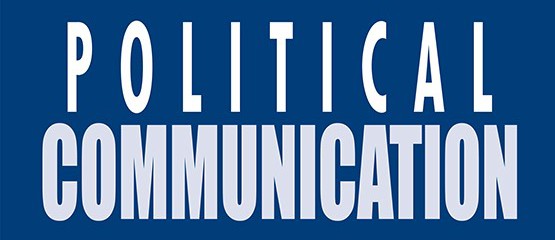New publication by Homero Gil de Zúñiga, Manuel Goyanes, and Timilehin Durotoye in the journal Political Communication.
In this publication the DRU authors introduce a broadly operational academic definition for of Artificial Intelligence (AI), and provide a value and simple theoretical framework for future research on AI based on its levels of performance, and autonomy.
“A Scholarly Definition of Artificial Intelligence (AI): Advancing AI as a Conceptual Framework in Communication Research”
Abstract
Research on Artificial Intelligence (AI) in communication research is gaining broader interest. This interdisciplinary interest has yet to be supported by a systematic scholarly definition and by a holistic theoretical framework in communication research. First, combining prior theoretical efforts from diverse disciplines in the social sciences, especially journalism and communication, this study introduces a wide-ranging working AI scholarly definition in communication research as the tangible real-world capability of non-human machines or artificial entities to perform, task solve, communicate, interact, and act logically as it occurs with biological humans. We also propose its theoretical operationalization based on two dimensions: level of performance and level of autonomy, advancing an elementary conceptual framework drawing on AI’s levels of potential actions or performance the AI may accomplish, including 1) performing tasks, 2) taking decisions, and 3) making predictions; as well as AI’s level of autonomy, or the agency results contingent on the degrees of human input, interaction, or supervision involved.
Read it here: https://www.tandfonline.com/doi/full/10.1080/10584609.2023.2290497

